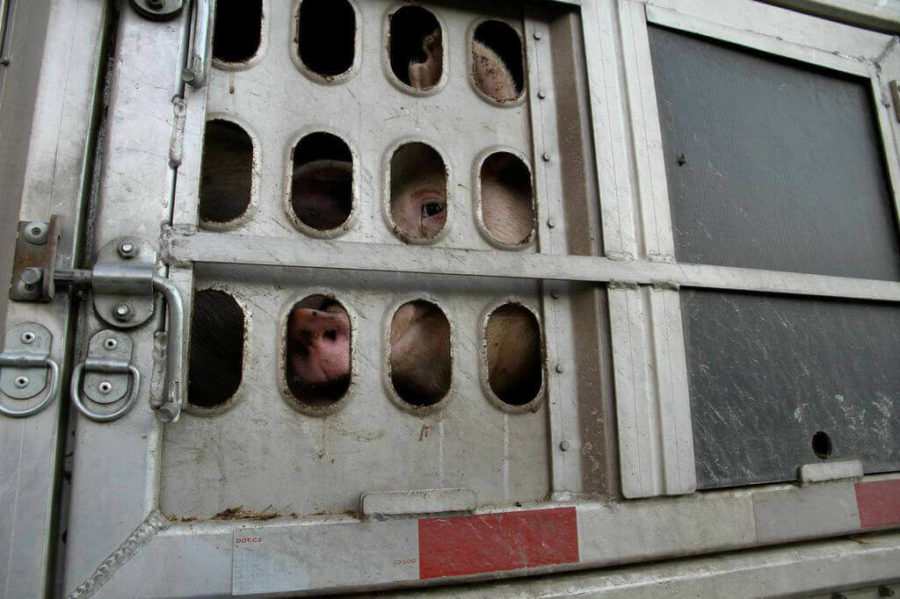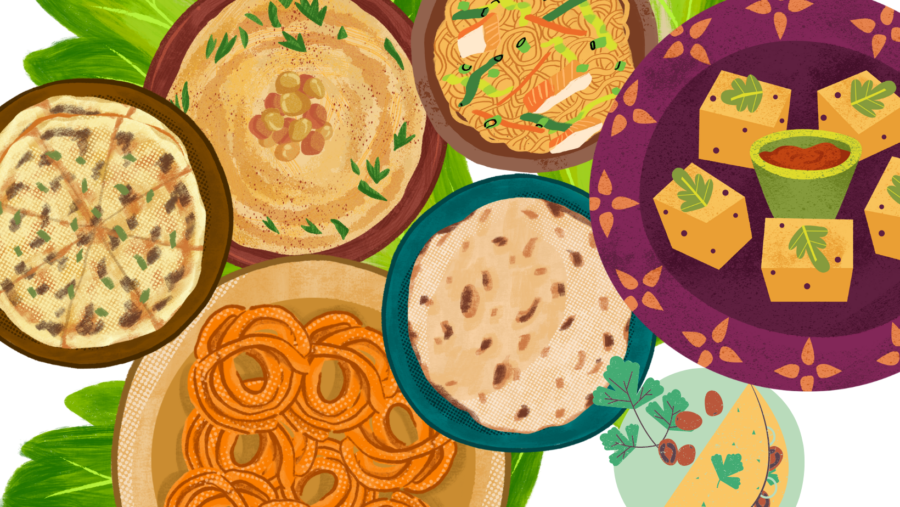Critical animal studies acknowledges the role that science has played in constructing and legitimizing categories of difference, particularly that related to species distinctions, evolutionarily ideas about group inferiority and superiority, and the goal of social development. As such, my research explores how sociological research has traditionally animalized its Appalachian subjects and used this animalization as an explanation or rationale for inequality.
Continue readingWomen and Vegan Civil Resistance
Although vegan feminism is a relatively new theory of social change in the West, it has had a rich background with a variety of innovative tactics, developed by innovative women in the resistance. In “Vegan Feminism Then and Now: Women’s Resistance to Legalised Speciesism across Three Waves of Activism” published in Gendering Green Criminology (Bristol University Press 2023), Lynca Korimboccus joins me in exploring this history through the efforts of three outstanding activists we take to represent feminist approaches to anti-speciesism across three primary waves of collective effort.
Continue readingWhy are Environmentalists and Animal Activists at an Empasse?
More and more, however, the science of climate change is now demonstrating that animal products are a leading cause of environmental degradation, a body of evidence that is becoming difficult to ignore. However, the ideological shift that is needed–seeing animals not as objectified climate-destroying consumables, but as a marginalized group whose oppression is actually foundational to the degradation of the earth–still lacks. Until we start to see animals as persons and reject hierarchies of domination, the two movements will never fully align.
Continue readingShocked or Satiated? Violent Imagery Traumatizes Rather than Motivates Veteran Activists
Sociologists James Jasper and Jane Poulsen have argued that activists’ deployment of emotionally triggering ‘moral shocks’ can stimulate recruitment for movements, particularly for those which are less successful in recruiting through social networks. Others have suggested that, more than a recruitment tool, these moral shocks are useful for sustaining activist motivation. I wondered, however, if activists might actually find violent imagery in campaigning to do the opposite. Perhaps it demotivated, instead?
Continue readingNearly 1,000 Academics & Professionals in Support of Plant-based Universities
Animal Rights and Environmental Inequality
Vegan feminist theory is introduced to address the anthropocentric intersectional failure that typifies mainstream environmental justice efforts, arguing that the false divide erected between nature and civilization has historically abstracted freeliving Nonhuman Animals within larger conversations about ecosystems and species, undermining their individual rights.
Continue readingVeganism and the Problem of Cultural Diversity
In our postcolonial world, the high consumption of animal products is now related to aggressive Western marketing, heavily subsidized animal agriculture in Western countries that gluts global markets, exploitative and often violently enforced use of land and resources outside of the West (such as the destruction of the Amazon rainforest for beef production), forced removal of Indigenous communities, predatory lending and capitalist ventures led by global financial entities such as the World Bank, and increased consumer power made possible by globalization. Diets heavy in animal products are not culturally diverse; they are products of Western imperialism. The global majority cannot digest lactose (dairy) beyond the age of weaning (a normal process among mammals), and, as animal flesh is expensive to produce or shunned in certain spiritual practices, traditional diets of the world have been based in fruits, vegetables, legumes, and pulses. Plant-based diets are more cost efficient, sustainable, and healthful, accounting for their foundational and ubiquitous presence across almost of the world’s cultures.
Continue readingWhy Vegan Sociology?
Vegan sociology argues that Nonhuman Animals are persons in their own right, their oppression is worthy of academic attention, and their oppression deeply intersects with the oppression of other marginalized groups such as women, people of color, and lower-class persons.
Continue reading



